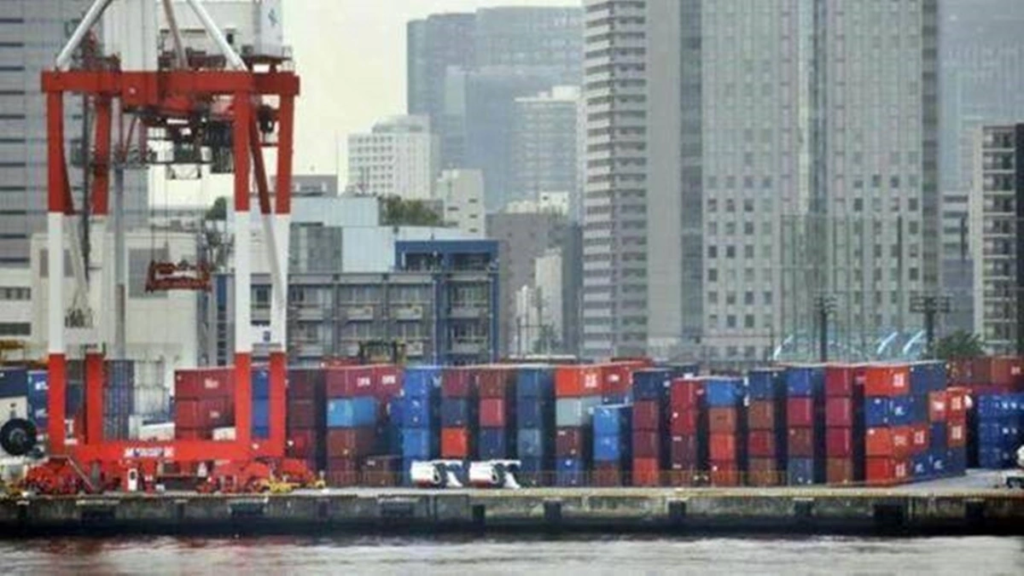India will push for ending the moratorium on customs duty on cross-border e-commerce and a permanent solution to the subsidy and public stock-holding issues in agriculture at the mini-ministerial meeting of the World Trade Organization in Paris on June 7.
India will push for ending the moratorium on customs duty on cross-border e-commerce and a permanent solution to the subsidy and public stock-holding issues in agriculture at the mini-ministerial meeting of the World Trade Organization in Paris on June 7. The mini-ministerial will finalise the agenda for the next year’s full ministerial meeting.
The meeting on June 7 on the sidelines of the gathering of Organisation for Economic Cooperation and Development will be attended by key trading powers and blocks including the US, EU, Australia and even representatives of African nations.
“Issues like agriculture, moratorium on tax on cross border e-commerce trade, patent waiver for Covid related therapeutics and other equipment may come up in the meeting,” the official said.
The next full ministerial conference of the WTO is scheduled to be held in February 2024 in the UAE. The Ministerial Conference (MC), which includes trade ministers of all members of WTO, is the highest decision making body of the organization.
The decision on not taxing cross-border electronic transmissions was taken in 1998 and the waiver has been extended every two years. Now as the e-commerce has grown multifold India wants the waiver to go.
On the issue of agriculture India wants that a permanent solution should be reached on the peace clause agreed at Bali ministerial in 2013 on food subsidies and public stockholding of foodgrains. The peace clause has no sunset date but India wants that some permanent agreement is reached on it. It also wants the base year for calculating subsidy limits to be more recent and based on current prices.
Developed countries want the subsidies limited to 10% of the production and limits to public stockholding of foodgrains as it distorts markets
In the 12th ministerial conference in Geneva in June last year, WTO members secured a ‘Geneva Package’ which included agreements on curbing harmful fishing subsidies and temporary patent waiver for production of COVID-19 vaccines. India wants this waiver to be extended to therapeutics and other equipment.
The 164-member WTO (World Trade Organization) formulates rules for global trade and has a dispute settlement mechanism. The dispute settlement mechanism kicks in when a member country complains against another if it finds that its exports are being curtailed by putting curbs that WTO rules do not allow.
All decisions at the WTO are taken by consensus and every single member has a veto.

Source:financialexpress.com


